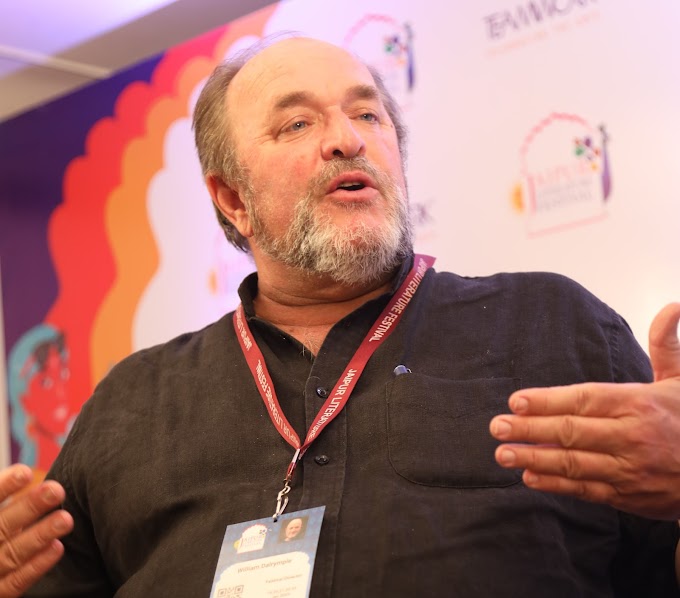Araria, Jan 29: On the sixteenth day of the Bharat Jodo Nyay Yatra, led by former Congress President Rahul Gandhi, the streets of Bihar witnessed an unprecedented surge, showing early signs of the Yatra's pottential to transform into a historic revolution in the history of independent India. The momentum of the yatra reached its peak as it entered Bihar this Monday afternoon, the heart of the Hindi heartland, drawing hundreds of thousands of people eager to catch a glimpse of Mr. Gandhi, who is seen as the arch-rival of Prime Minister Narendra Modi.
The day's procession commenced from West Bengal, where it had already created a storm in Siliguri the previous day. The journey towards Bihar, marked by continued zeal, unfolded as the bus crossed the Bengal border. The first destination in Bihar was Kishanganj, a district in the Seemanchal region dominated by a majority Muslim population.
This significant juncture in the yatra follows the surprising return of former ally Nitish Kumar, the Bihar Chief Minister, to the BJP-led NDA, apparently leaving the Congress party in a state of bewilderment, which it has denied vehemently.During the journey, Mr. Gandhi's convoy made a stop at a local tea shop, where he engaged with truck drivers, reflecting a grounded and approachable gesture. However, media personnel were kept at a distance due to security concerns.
The highlight of the day was the padyatra led by Mr. Gandhi to Kishanganj, where he was joined by a sea of people converging from all directions. The stadium in Kishanganj witnessed a symbolic exchange of the National Flag, as Adhir Ranjan Chowdhury, the President of The West Bengal Pradesh Congress Committee, handed it over to Akhilesh Prasad Singh, the President of Bihar Pradesh Congress Committee. This customary flag exchange marked the official entry of the Bharat Jodo Nyay Yatra into a new state.
Speaking at the stadium, Mr. Gandhi emphasized the critical role of social and economic justice for the progress of the country. Saying "Without social and economic justice, this country cannot progress. These are not just empty words." Drawing attention to the injustices faced by OBCs, Dalits, backward classes, and minorities, he presented a stark reality: "Out of 90 IAS officers running the government of India, only 3 are from the OBC category."
Addressing the people of Bihar, he urged them to be pioneers in the social revolution, emphasizing that Bihar understands the significance of social justice better than any other state. Drawing upon the history of the state, he stated, "No one understands social justice better than Bihar."
The journey continued with Mr. Gandhi engaging with local legislators to gather insights into the status of their constituencies. In Araria, the yatra encountered an overwhelming crowd, making it difficult to proceed with the roadshow. The crowd, numbering in the hundreds of thousands, and the congested streets in Araria made it impractical for Mr. Gandhi to continue the padyatra. Reflecting thus, he said, "We have talked about social justice, caste census. The first step of social justice is the caste census."
As the procession moved towards P.D. Yadav Inter College, where Mr. Gandhi halted for the night, it is worth noting that the yatra is not merely traversing the geographical landscape; it may etch its place in the history of independent India as a transformative revolution for justice and equality.
(Saket Suman is the author of The Psychology of a Patriot. Views expressed are strictly personal)




